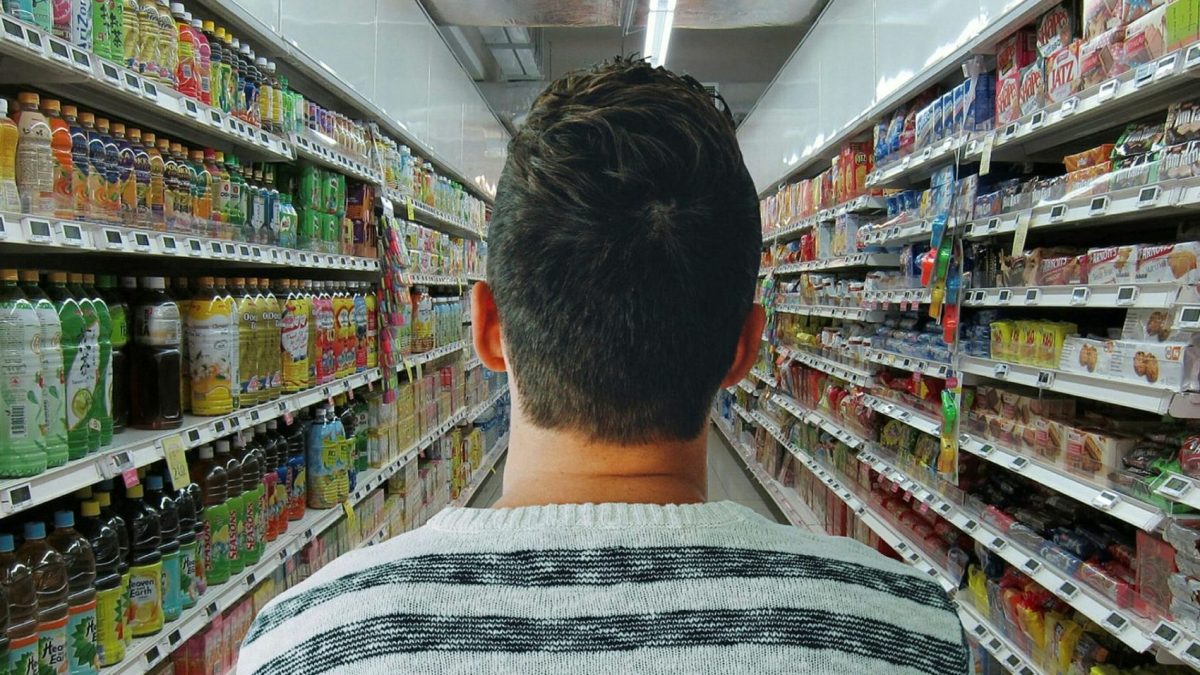Food & Climate
Canada is going to fight the food “climateflation” with carbon tax rebate, which is part of a program to put a fee on carbon pollution and give the revenue from the fee back to households, according some reports seen by “food & Climate” platform.
On July 15, Canadians in most provinces received the payment from the government of another quarterly carbon rebate, according to “Edmonton Journal”.
Canada’s federal government impended carbon tax, but some politicians claiming that this tax will affect fuel for farmers, and shipping and delivery costs that will be passed onto the consumer.
It’s not that the carbon tax has no impact on food prices and inflation. It’s just not obvious that it is having a particularly large impact, according to “CBC”.
While the Bank of Canada has estimated that the carbon tax increases inflation by 0.15 per cent, Trevor Tombe, an economist at the University of Calgary who has studied the impact of the carbon price on consumer costs, points to Statistics Canada data that suggests its impact on food prices is less than one per cent.
That’s not nothing, and every dollar counts when it comes to the cost of essentials, particularly for those on low incomes.
But concerns about the impact of the carbon tax also tend to ignore the fact that the policy has two parts — a fuel charge collected by the federal government and a rebate that returns 90 per cent of the revenue generated by the levy to Canadian households. (The remaining 10 per cent is directed toward businesses, farmers and Indigenous communities.)
Unlike any number of other federal and provincial policies that might be said to contribute to the cost of food — from corporate taxes to food safety regulations — the federal carbon tax comes with a rebate.
The parliamentary budget officer has consistently found that nearly all households receive more from the rebate than they pay in direct and indirect costs. Only households in the highest income quintile are projected to pay out more than they receive — because they consume more. Repealing the carbon tax could actually leave many Canadians worse off.
Recent polling suggests a sizeable number of Canadians like the idea of reducing or eliminating the carbon tax. Maybe the same would be true of a poll about any kind of tax.
But any discussion of food prices has to include the impact of climate change — the very problem that the carbon tax is meant to help combat.
An analysis from Statistics Canada published last November linked “erratic weather” — including droughts, heat waves, flooding and heavy rainfall — with increases in the prices of meat, fruit, vegetables, sugar and coffee.

In June, economists at RBC reported that, while food price inflation was expected to slow, a return to pre-pandemic prices was unlikely — in part because “extreme weather events are becoming more frequent across different regions and could meaningfully limit farm production.”
During the pandemic, supply chain issues and other factors increased costs for retailers, who then passed those costs on to their customers. Well, the pandemic and the problems it caused are essentially over, but instead of dropping prices, corporations decided to leave prices where they were so they could pocket the windfall profits.
Greedflation can be fixed with a government crackdown on companies that indulge in price gouging. However, there’s another problem driving up food costs that can’t be solved easily — climate change.
Being called “climateflation,” the idea that food costs will continue to increase as the planet gets hotter means that the hottest regions will likely be affected the most.
Looking back to 2022, Europe’s heat wave cut food supplies, increasing food costs and overall inflation, and the rest of the world could be looking at some similar situations as climate change continues to develop, according to “restorebiz Canada”.
On the other hand, some operators have tried to take a proactive approach, based on the assumption that the carbon tax will increase their expenses.
Recently, a restaurant in Toronto sparked controversy by implementing a two per cent “carbon fee” designed as an environmental investment to offset the carbon footprint associated with dining in the restaurant. However, this step was met with criticism from consumers and the restaurant has now offered an opt-out option for this fee. Initially, without prior communication about the fee or an opt-out feature, the step was perceived as a lack of transparency. Restaurateurs looking to add fees to try and recoup costs run the risk of consumer backlash as interest rates and inflation continue to plague customers.
Studies show that 80.3 per cent of Canadians believe that we will see further hikes in food costs, and that 38.3 per cent of Canadians are planning to dine out less, with 12.2 per cent not at all this year. While restaurants do everything, they can to remain competitive, leverage loyalty, and add value, this year may continue to challenge operators with inflation and elevated costs.

